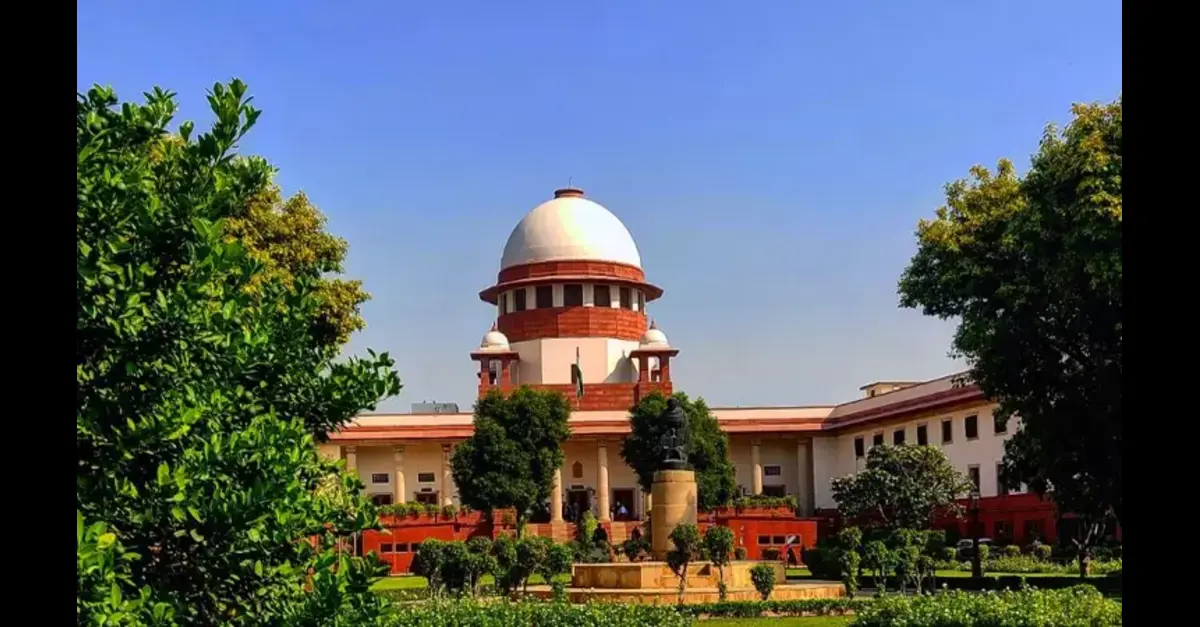Introduction
In the 2nd quarter, on July 25, 25 2025, the Supreme Court dismissed out of hand a plea for redefining the boundaries between the assembly constituencies of Andhra and Telangana states. Instead, the Court said in its ruling that what had been set out in the 198th Article of the Constitution has a definite no to any such change until we have the first results 2026, which will complete the report.
Background
Delimitation is the practice of redrawing the boundaries for electoral constituencies, which has been done recently in the Union Territory of Jammu and Kashmir. In that case, a petition was filed before the Supreme Court,t which brought to light the issue of Andhra Pradesh and Telangana not being included in the same treatment. Petitioner put forth that this is a form of unequal treatment, which is also noted about the Andhra Pradesh Reorganisation Act.
Key Points
Constitutional Embargo: The Supreme Court ruled out the reconstitution of seats in State Legislative Assemblies until results of the first census after 2026 are out.
Petitioner’s Claim: Petitioner reported that in the process of delimitation in Jammu and Kashmir, AP and Telangana were left outt which they feel is an unfair and unconstitutional practice.
Government’s Stand: The Union and the Election Commission rejected the request that the Constitution does not allow states to do until the 2026 census reports are out.
Article 14 Concerns: The Court reported that allowing for such a selective definition would break the principle of equality as put forth in Article 14, which would put into practice what is in essence a discriminatory policy without cause.
Reorganisation Act Not Supreme: The Court also held that the Andhra Pradesh Reorganisation Act may only do what the Constitution allows.
Recent Development
In K. Purushottam Reddy v. Union of India and others, before the Supreme Cour,t which was WP (C) No. 488/20,22 the Court put a firm no to early delimitation in Andhra Pradesh and Telangana. Justices Surya Kant and N. Kotiswar Singh reported that such a request goes against the spirit and intent of Article 170(3) and would open the door to similar requests from other states.
Conclusion
The Supreme Court has put in place a framework that upholds the intent of the Constitution regarding delimitation. It also brings about uniformity across states, which in turn prevents arbitrary changes, and which also protects the balance between administrative ease and electoral equity. Also, this decision is a stand which the Supreme Court takes that until the 2026 census which is the next mandated one, no exceptions will be made.
“PRIME LEGAL is a full-service law firm that has won a National Award and has over 20 years of experience in various sectors and practice areas. PrimeLegall falls into the category of best law firm, best lawyer, best family lawyer, best divorce lawyer, best criminal lawyer, best criminal law firm, best consumer lawyer, best civil lawyer.”
WRITTEN BY AYUSHI TRIVEDI


